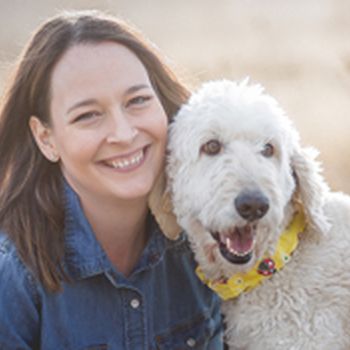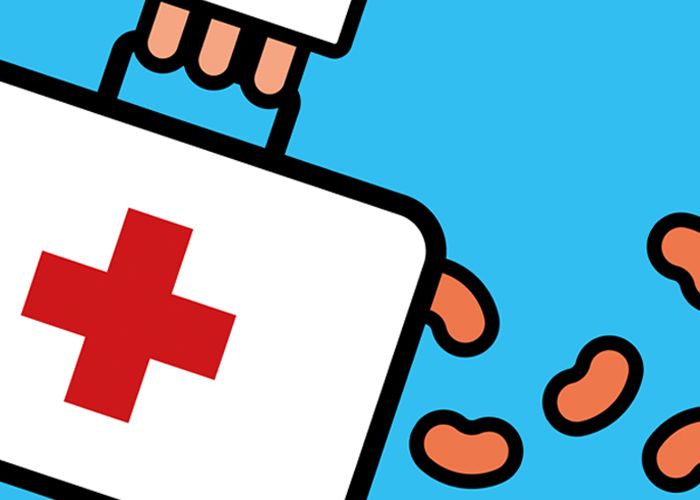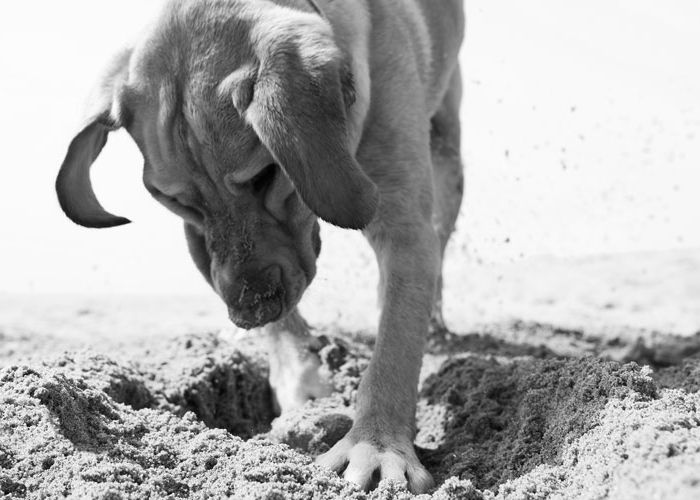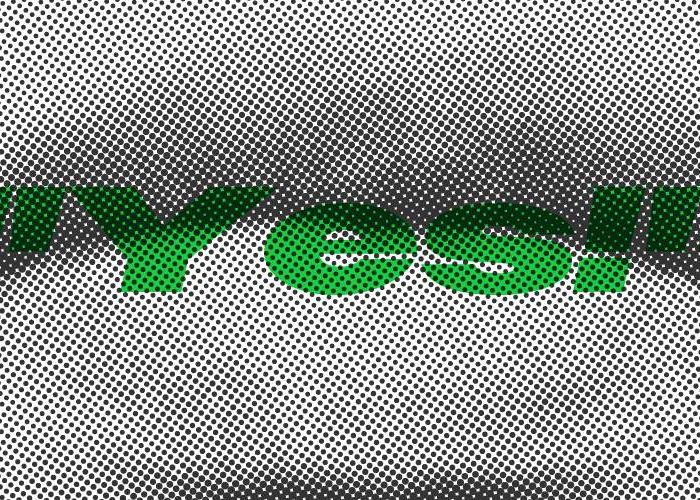

Veterinarian's Take: Balancing The Need to Feel Good Enough With A Drive for Self-Improvement
As a veterinary professional, it can be easy to get caught up in the endless cycle of striving for perfection. From veterinary school, to post-graduate placements (internships and residencies), the amount of letters after our names, personal and professional career achievements, and the course of our training and daily lives, can cause us to measure ourselves against unrealistic standards.
Many of us (myself included) grew up wrapping our identities around our academic achievements and might lack the coping skills of mindfulness and self-compassion necessary to feel secure in who we are and our abilities. But the truth is, you're enough as you are. Of course as a veterinary professional, you may choose to focus on education and professional development over the course of your career; but as a person, you are enough.
Here's how to address the feeling of not being good enough and how to make sure your motivation for improvement is coming from the right place.
Know That Mistakes Happen
Making mistakes in veterinary medicine can be scary and costly, both emotionally and financially. But remember that veterinary medicine is a field where mistakes happen, and that's OK. Nobody is perfect, and every veterinarian or veterinary technician has made mistakes or had cases that didn't go as planned. It's how you handle those situations and learn from them that truly matters. Instead of beating yourself up over mistakes, it's more productive to practice self-forgiveness (like you would for a friend) and focus on how you can use mistakes and failures to grow and improve.
Check In With Yourself
If you're feeling like you're not good enough, take a step back and reflect on why you're feeling that way:
- Are you comparing yourself to others in your field?
- Are you putting too much pressure on yourself to never make a mistake? (Also known as maladaptive perfectionism.)
- Do you struggle with a harsh inner critic?
How to Address Feelings of Not Being Good Enough
Once you've identified the root of your feelings, it's easier to address them and move past them.
Have Self-Compassion
One way to combat feelings of inadequacy is to practice self-compassion. This means treating yourself with the same kindness, concern, and support you would offer to a good friend. Acknowledge your own humanity and the fact that you're doing the best you can with the knowledge and resources you have. When you make a mistake, instead of beating yourself up, ask yourself how you can learn from the experience and use that knowledge to grow and improve.
Focus on Your Strengths
Another way to boost your confidence and sense of self-worth is to focus on your strengths. What are you particularly good at in your veterinary career? Maybe you have a talent for calming anxious animals, or perhaps you excel at performing surgery. Take pride in these strengths and recognize that they're a valuable contribution to your team and your patients' well-being.
Mind Your Company
Surround yourself with supportive colleagues and mentors who can help lift you up when you're feeling down. Seek out positive and encouraging colleagues who are willing to offer constructive feedback when you need it. And don't be afraid to ask for help or guidance. There's no shame in admitting you don't know everything, and seeking out the expertise of others can help you grow and learn.
Enjoy the Journey
Finally, remember that self-improvement and veterinary medicine are journeys, not destinations. Your veterinary career will always have room for growth and learning, and that's OK—that's why they call it "practice." Embrace the process of learning and growing, and take pride in the progress you make along the way.
Understand Your Motivation for Self-Improvement
It's also perfectly OK to want to improve and grow in your career and your practice of veterinary medicine. The desire to learn and better ourselves is often what keeps us moving forward and providing the best possible care for our patients. It's important to have goals and to work toward them, but it's as important to recognize that those goals don't define your worth as a veterinary professional. Understand your reason for wanting to improve:
- Does this desire stem from a place of self-love and wanting to experience your highest potential and maximum contribution to the industry?
- Or does it come from a place of self-dislike and unacceptance of where you are currently?
It may seem subtle, but there's a big difference between these two motivations.
For example, many people set New Year's resolutions to lose weight and exercise. But when these resolutions come from a place of negativity and self-dislike, they often result in failure. Instead, if you make a resolution to eat healthy and exercise because you love your body and want it to feel good, motivation will stick around longer. The same thing is true with self-improvement in any area, including your career.
Veterinary medicine is a challenging field where mistakes happen, but how you handle those situations and learn from them is what truly matters. It's OK to have goals and strive for improvement, but recognize that those goals don't define your worth as a veterinary professional. You're worthy because of who you are, not what you do.
By practicing self-compassion, focusing on your strengths, seeking out supportive colleagues and mentors, and embracing the journey of self-improvement, you can find the confidence and sense of self-worth you need to experience the well-being you deserve and provide the best possible care for your patients.







